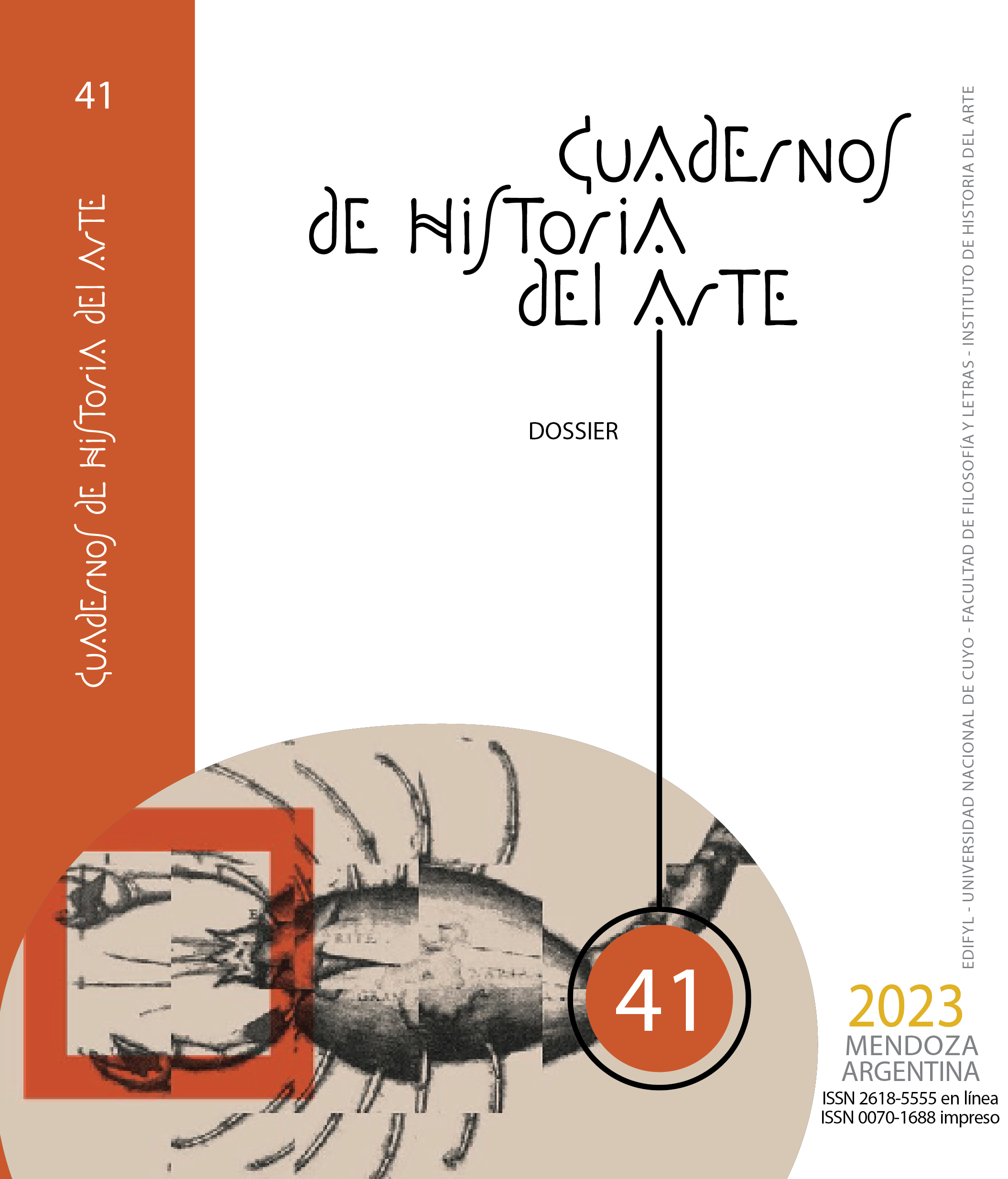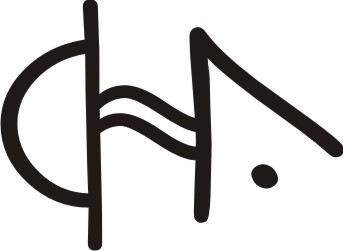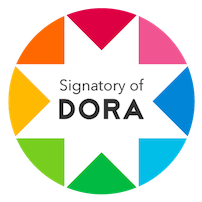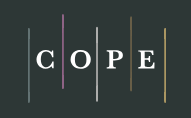Encounters between the Muses and Narciso
Cross-sectional audiovisual study applied to a musical short film created by Floria Sigismondi
DOI:
https://doi.org/10.48162/rev.45.007Keywords:
short film, Floria Sigismondi, hypertextuality, soundAbstract
This paper analyzes Narciso's encounter with two muses, as well as the image and music, in the short film “Knowing through nothing” (2014) directed by Floria Sigismondi. The analyzes focuses on the poetic relationship between the muses and the artistic creation through the concept of mystery and distortion of reality. The film features Jamie Bochert in a perfectly articulated dreamlike context structured through sounds, effects, music, synchrony, and lyrics. Intense psychophysiological effects are produced with the use of sound elements that will enhance the atmosphere of the production, rich in hypertextual signs from different artistic disciplines such as surrealism with notable metaphysical influence. These conceptual elements underlie the commercial message of the short film closely related to the aesthetic idea of the production company NewbarK. In conclusion, this is an exploration of the logic of dreams, identity, superstition, coincidence, and mysticism where light, fire, reflection, objects and the body play an important role. This enchantment conveyed through fragments that together with the acoustic create a transcendental discourse of contemporary artistic value
References
Aumont, J. La teoría de los cineastas. La concepción del cine de los grandes directores. Grupo Planeta, 2004, Madrid, 90-150.
Bonin, T.& Smilek, D. “Inharmonic music elicits more negative affect and interferes more with a concurrent cognitive task than does harmonic music”. Attention, perception & psychophysics, 2015, 78.
Bodner, E. Gilboa, A. & Amir, D. D. “The unexpected side—effects of dissonance”. Psychology of Music - PSYCHOL MUSIC., 2007, 35, 286-305.
Calvo, M. Rene Magritte, (España, 2020). https://historia-arte.com/artistas/rene-magritte
De Vera, L., González, J. y Rial, R.V. “Reptilian waking EEG: slow waves, spindles and evoked potentials”. Electroencephalography & clinical Neurophysiology, 1994, 90, 298-303.
Eisenstein, S. M. El sentido del cine. Siglo XXI Editores, 1997, Madrid.
Fineberg, J. “Spectral music: history and techniques”. Overseas Publishers Association, 2000, published by license under the Harwood Academic Publishers imprint.
Iitti, S., IAWM Journal, web (2002) https://web.archive.org/web/20061003173857/http://www.iawm.org/articles_ht ml/Iitti_saariaho.html
Internet Movie data base (2020). https://www.imdb.com/
Krumhansl, C.L. Cognitive Foundations of Musical Pitch. Oxford University Press, 2010, Inglaterra, 22-98.
Gámez, S., Giorgio de Chirico: “pintor del misterio laico” (2018).
https://www.descubrirelarte.es/2018/09/17/giorgio-de-chirico-pintor-del-misterio-laico.html
Gordon, K., Jamie Bochert, (2009). https://www.interviewmagazine.com/music/jamie-bochert
Grisey. “Tempus ex machina: a Composer's Reflections on Musical Time”. Contemporary Music Review, 1978, 2 (1):238–275.
Koelsch, S. “Brain correlates of music-evoked emotions”. Nat Rev Neurosci, 2014, 15, 170–180.
Moro, C. (1945). Pequeña antología de Chirico. El hijo pródigo, número 22. México. Nozaradan, S. Exploring how musical rhythm entrains brain activity with electroencephalogram frequency-tagging. Phil. Trans. R. Soc.2014. http://doi.org/10.1098/rstb.2013.0393
Pascual, P. Lo monstruoso en los vídeos de Floria Sigismundi y Chris Cunninghan en los años noventa (1993-1999). Ed. Universidad Politécnica de Valencia, 2011, Valencia.
Romo, M. “Entre lo obsceno y lo sublime”. Trama y fondo: revista de cultura, No. 15, 2003 (Ejemplar dedicado a: El Bien), 149-152.
Rose, F. “Introduction to the Pitch Organization of French Spectral Music”. Perspectives of New Music, 1996, 34 (2): 6–39.
Squarespace, (2020). http://www.franciswolves.com/#press
Tostado, C. Giorgio de Chirico, Hebdomeros. UAM/SIC/ Secretaria de Culturade Puebla, Los Insospechables, 1, 2004, México.
Downloads
Published
How to Cite
Issue
Section
License
Copyright (c) 2023 González Almudena

This work is licensed under a Creative Commons Attribution-NonCommercial-ShareAlike 3.0 Unported License.
Los artículos enviados al Comité Editor del Instituto de Historia del Arte, para ser publicados, los autores reservan su derecho de propiedad, pero otorgan a la Editorial los derechos de impresión y aceptan la difusión tanto en papel, como en internet y en aquellos sitios virtuales de las cuales los CHA formen parte.

Esta obra está bajo una Licencia Creative Commons Atribución-NoComercial-CompartirIgual 3.0 No portada



















_00.07_.55_2.png)




